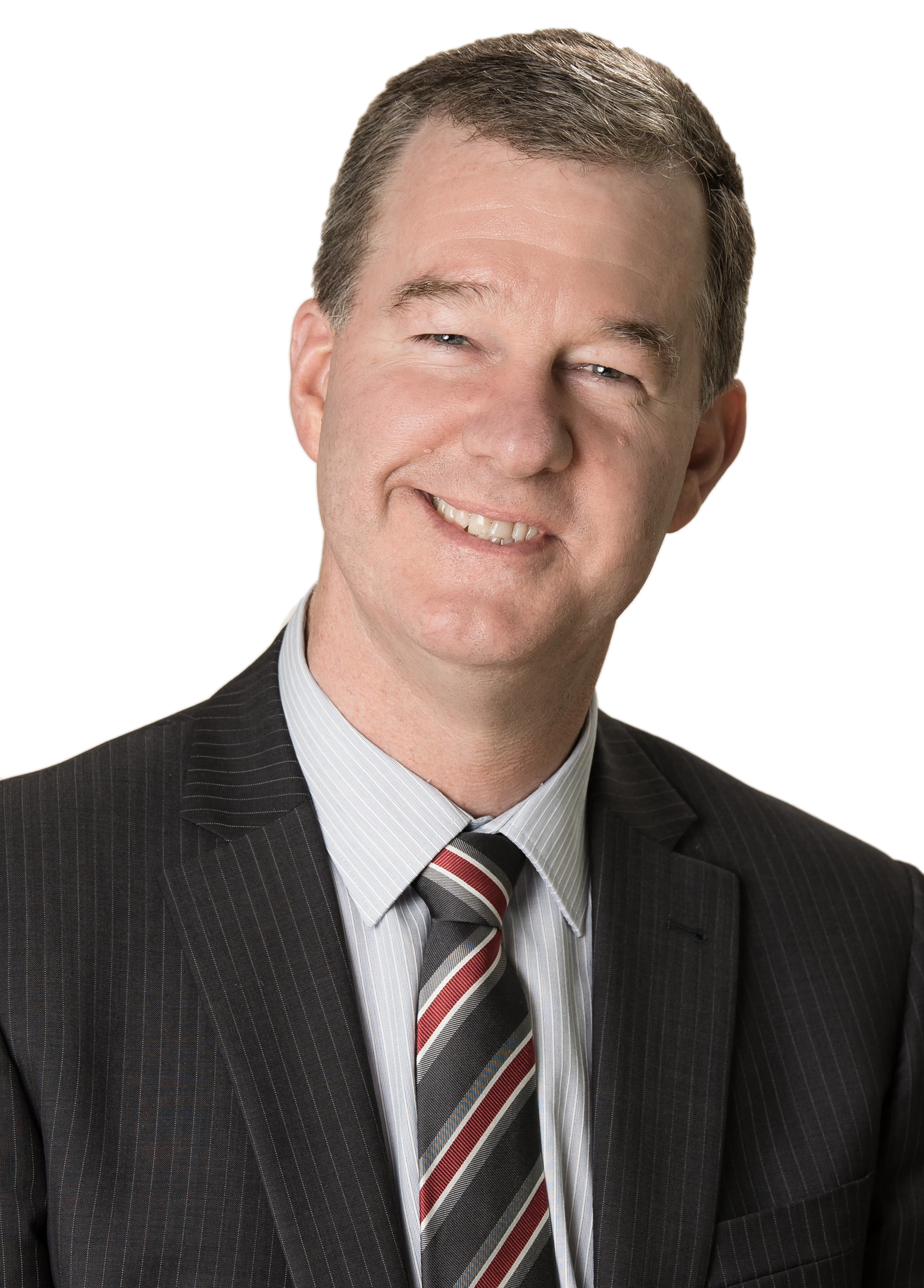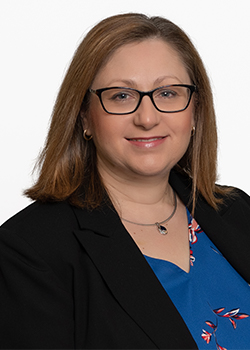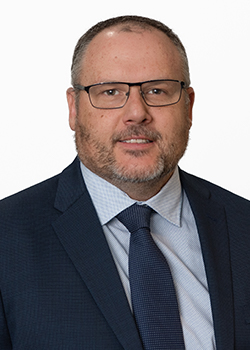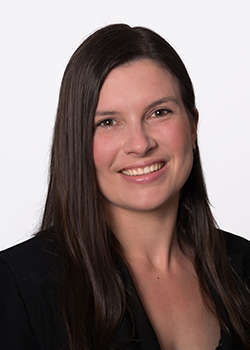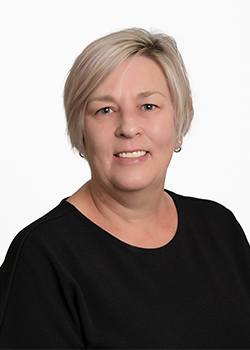Total return investing

For many retirees it worked, at least while interest rates were high. They could live comfortably on income payments and preserve their principal for rainy day events or large ticket items like aged care.
But in an era of all-time low interest rates, that plan no longer works.
Retirees today must work with expected equity returns in Australia of between 4 and 6 per cent over the next decade, alongside fixed income returns between 0.5 and 1.5 per cent (1). Globally, Vanguard data shows the median balanced portfolio is expected to return 4.9 per cent per annum over the next 10 years. That includes both income and capital growth (2).
Given many retirees target an annual spending rate of 4 per cent of their portfolio it leads to what appears to be an insurmountable problem: spending 4 per cent when your portfolio's income component is around half that doesn't add up. Something must give—you either find higher yielding (and riskier) investments or start selling assets and drawing down on your capital to fund your spending.
The underlying question is one of portfolio construction.
How can you design a portfolio that provides income to live off while preserving your capital across your retirement?
The answer lies in recognising that the two types of return in an investment portfolio—income and capital—are interrelated. And that preferencing income over capital growth is not always the right way to go.
All investment portfolios provide two types of return. The income return is made up of the dividends and interest while the capital return comes from the growth of the value of the underlying assets over time.
The problem is many of us are hardwired to prefer an income-biased portfolio – many investors are fine with spending the total amount of income generated by a portfolio but balk at the idea of spending capital. Given a choice between a portfolio that returns 4 per cent income and 2 per cent capital growth over one that returns 2 per cent income and 4 per cent capital growth, many will prefer the one with the higher income despite the fact that both portfolios returned 6 per cent.
This preference can lead to problems when spending is not covered by the natural yield of a portfolio.
In that case, a retiree has three choices—spend less, sell assets, or overweight the portfolio to income producing assets.
That third option can lead to trouble.
Chasing income means seeking out higher yielding companies, buying fixed income investments like high-yield corporate bonds and emerging market debt or diversifying into property investments.
On the surface these provide an attractive yield, but that higher income can come at a cost as risk and return are correlated. Higher yield means higher risk.
The solution is to take a total return approach.
Total return investing involves holding a diversified portfolio that aims to maximise the overall return of the portfolio, rather than preferencing income over growth.
Total return investing has a number of advantages, led by the fact it allows investors to maintain diversification which reduces the risk of capital loss.
The approach also provides better control over the size and timing of withdrawals, allowing a retiree to decide how much and how often to take cash rather than being held to the schedule of dividend payments and distributions. Being able to reduce withdrawals in a down year dramatically increases your chances of not running out of money in retirement.
This means the portfolio's longevity (3) is improved under a total return approach—and that means the portfolio can support your lifestyle for longer.
1. https://static.vgcontent.info/crp/intl/auw/australia/documents/research/rs219_vemo_2019_summary.pdf
2. https://pressroom.vanguard.com/nonindexed/Vanguard_Global_Economic_Market_Outlook_2020.pdf
3. https://www.vanguard.co.uk/documents/adv/literature/total-return-investing.pdf
Written by Robin Bowerman
Head of Corporate Affairs at Vanguard
03 February 2020
vanguardinvestments.com.au

